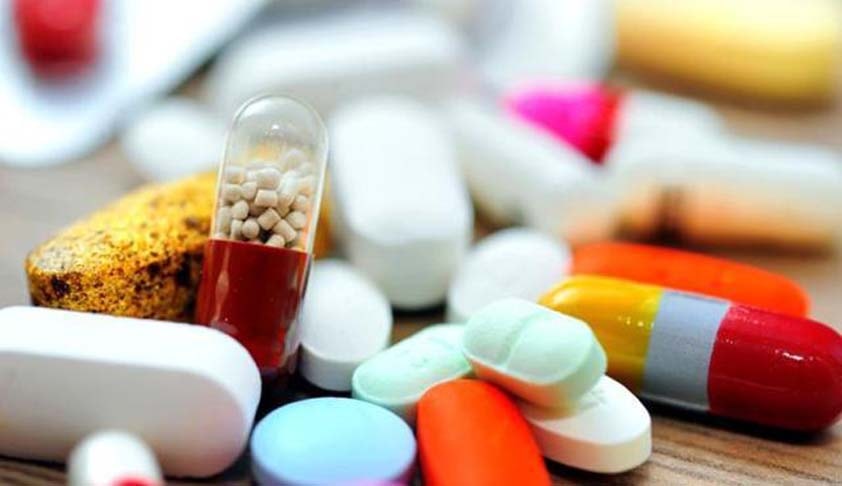Petition filed in Delhi HC challenging patent granted to Gilead for costly Hepatitis-C drug
Apoorva Mandani
17 May 2016 6:04 PM IST

Next Story
17 May 2016 6:04 PM IST
A Writ Petition has been filed before the Delhi High Court, challenging the grant of patent to costly Hepatitis-C drug, Sovaldi. The drug is reportedly the costliest medicine in the world, priced at $1,000 per pill in the U.S. by its manufacturer Gilead.The petition has been filed by the United States based non-for-profit group, Initiative for Medicines, Access & Knowledge (I-MAK) and...
